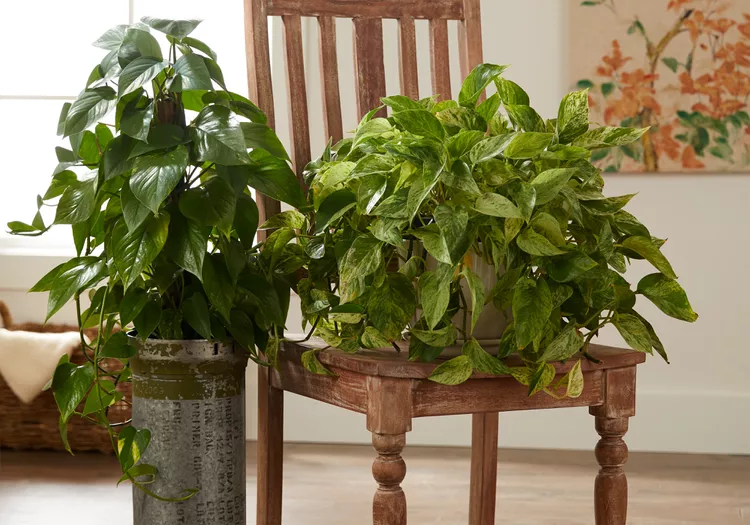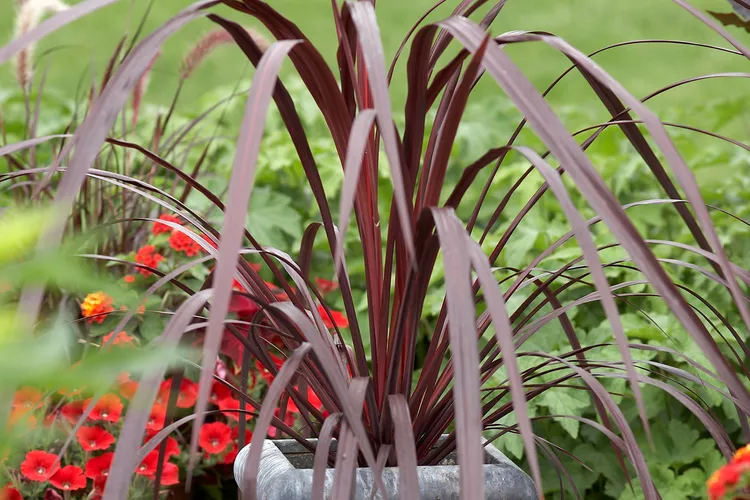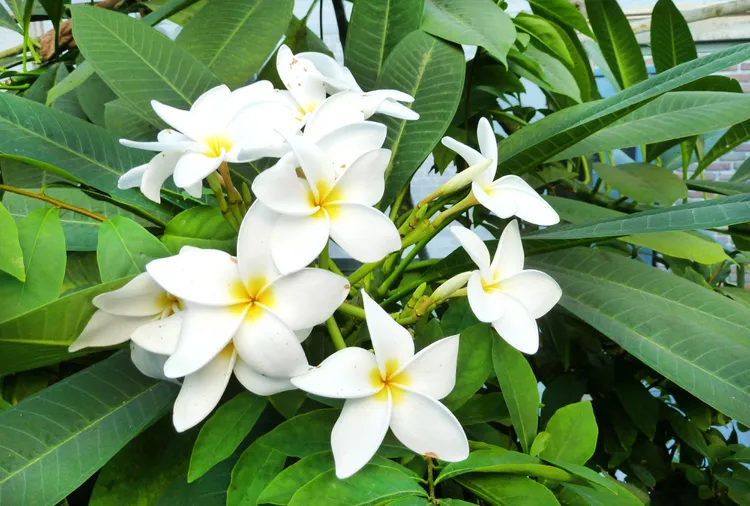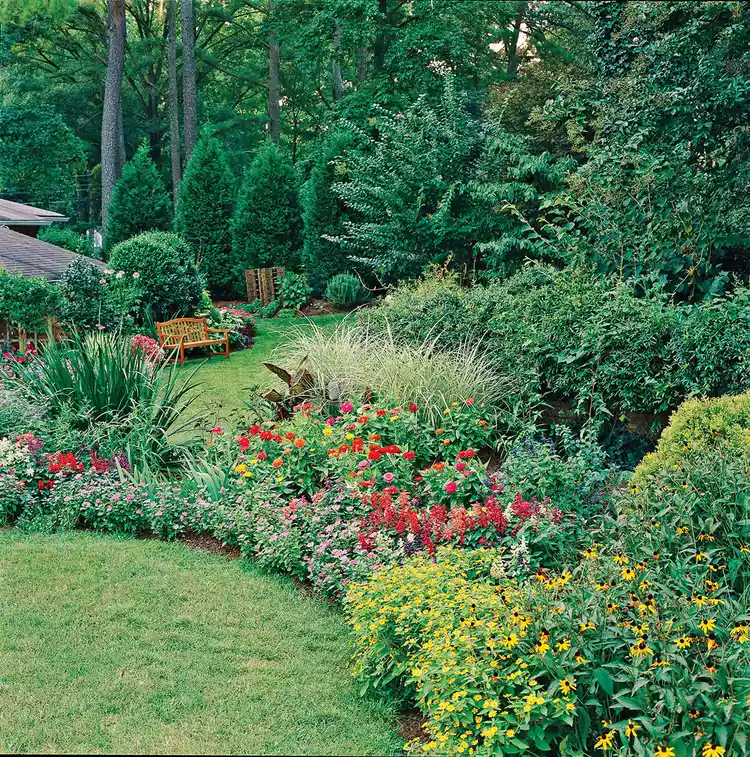Planning a garden and watching it grow is a labor of love that takes a lot of time, commitment, and optimism. As any experienced gardener will tell you, no matter how much careful planning you do, it's inevitable that annoying weeds will start popping up in your garden, so if you're new to gardening, don't let weeds dampen your enthusiasm. It's important to know how to kill weeds naturally to rid your yard of unwanted growth without hurting other plants, so here are organic products that will rid your yard of weeds. Using any of these methods will help keep your garden weed-free without using harsh chemicals that can harm beneficial insects and pets.
If you spot just a few weeds sprouting in your flower bed, you can pull them out and dig up as many of the roots as possible. But if you see more and more weeds taking over, a natural remedy can help you take back your yard.
How to Kill Weeds Naturally
Mulching
Anything that covers and smothers weeds is a type of mulch, including biodegradable products like cardboard and newspapers. Mulch also helps conserve moisture. An organic mulch works best in two ways: It offers weed control and breaks down to make your soil more fertile.
Use a 2- to 4-inch layer of organic materials, like pine bark, straw, clippings from a non-chemically treated lawn, or bark. Wood mulches, however, draw nitrogen from the soil to break down, so they're robbing nitrogen and nutrients from your plants. Avoid placing mulch right up to the trunks of trees or stalks of plants, which can lead to disease or decay.
Solarizing
During the heat of summer, place thin, clear plastic across any area where you want to kill weeds. Leave the plastic in place for four to six weeks. The sun heats the ground and kills weed roots and seeds, but the intense heat also kills beneficial organisms, so weigh that against using other methods of killing weeds.
Flaming
Scorching is another way to kill weeds naturally. You can use a propane torch to scorch weeds; however, flaming will not kill the roots of many weeds, so you may have to scorch the weeds frequently to suppress them. Use extreme caution and wait until a wind-free day, as flaming will also kill nearby grass and other plants. It's best for use in areas without planting you want to keep, such as between the cracks of a concrete sidewalk.
Never use flaming in fire-prone regions or during fire weather alerts.
Hand Weeding
Choose a dandelion weeder, a tool with a forked end to dig deep into the soil to loosen and pry up a weed's roots. If any roots remain in the soil, they may regrow, so without the right tools, the next best thing is pulling the plant out as close to the roots as possible.
Boiling Water
Boiling water kills plant tissues, but like flaming, the stream of water can be hard to control if you're trying to do spot weeding, so it's not the best method for how to kill weeds in flower beds. Weeds with deep taproots, like dandelions, will need more boiling water to reach the bottom of the root.
Use a tea kettle for precise application of boiling water.
Organic Weed Killers for Your Garden
Any herbicide you choose, whether an organic (sometimes called "natural") compound or synthetic, has its benefits and drawbacks. These organic weed-killer products work, but they also have certain limitations.
Vinegar
Acetic acid is the active ingredient that makes vinegar a weed killer. White vinegar contains about 5% acetic acid. This level of acetic acid burns the tops off weeds but is less likely to kill anything with well-established roots. For a vinegar weed killer to be most effective, you'll have to apply it frequently. Horticultural vinegar contains 20% acetic acid and is more effective in getting to roots in a couple of applications. Vinegar can destroy nearby plants if you're not careful, so it's not a recommended way of how to kill weeds in flower beds.
Corn Gluten Meal
Dr. Nick Christens at Iowa State University discovered that corn gluten meal, a byproduct of corn milling, prevents seeds from growing. This pre-emergent organic herbicide is often sold as a lawn weed-control product. For it to be effective, you have to apply it at just the right time in spring before weeds begin to sprout. In addition, it usually takes a few years of consistent applications to reach its full potential. Just avoid applying corn gluten meal in any beds where you plan to sow other seeds since it'll prevent them from growing.
What Not to Use: Salt
While it's true that salt kills plants, including weeds, it also poisons the ground for many years and moves into groundwater sources after rain or watering. Using it anywhere in your yard is a bad idea, so steer clear of homemade weed-killer recipes that call for salt or Epsom salt. Salts are toxic to the environment and should be avoided.




















